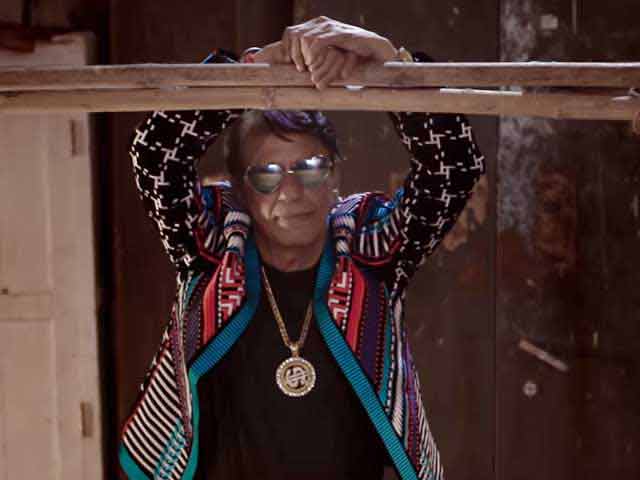Every year, besides the best work in fiction, Man Booker Prize is also given to the best in translated fiction. This year, the Prize goes to “Flights,” a philosophical rumination on modern-day travel by the Polish author Olga Tokarczuk.
She shared the prize of 50,000 British pounds with the book’s English-language translator, Jennifer Croft.
The Man Booker International Prize is awarded by the same organization that gives the Man Booker Prize for fiction. It is for a single work of fiction that has been translated into English and published in the United Kingdom in the last year.
Tokarczuk has already won this prize before for an earlier work. She won the award in 2015 for “The Books of Jacob,” a novel about the 18th-century Polish-Jewish religious leader Jacob Frank.
‘Flights’ is a ruminative work on modern travel. It combines tales of modern-day travel with the story of a 17th century anatomist who dissected his own amputated leg and the journey of composer Frederic Chopin’s heart from Paris to Warsaw after his death.
‘Flights’ beat five other finalists, including Iraqi writer Ahmed Saadawi’s horror story ‘Frankenstein in Baghdad’ and South Korean author Han Kang’s meditative novel ‘The White Book.’
Tokarczuk is one of Poland’s best-known authors. She has been criticized by Polish conservatives, and even received death threats, for criticizing aspects of the country’s past, including its episodes of anti-Semitism.
While many Indian writers have been nominated on the Man Booker Prize, like Salman Rushdie, Arvind Adiga, Jeet Thayil, Anita Desai, Kiran Desai, Amitav Ghosh, Rohinton Mistry, Arundhati Roy, among other, none have been nominated in this category for translated works.
This may speak of the vast scope for translated works in India, where the vernacular and regional literature is rich, if not richer than many other countries. India has one of the oldest traditions of novel writing, from Kalhana’s Rajatragini to Kalidas’s Abhigyanshakuntalam. This makes one wonder what holds back translations of Indian writers working with vernaculars, when they have great stories to share.
Read Also: When The Nobel Prize Becomes A Family Affair













